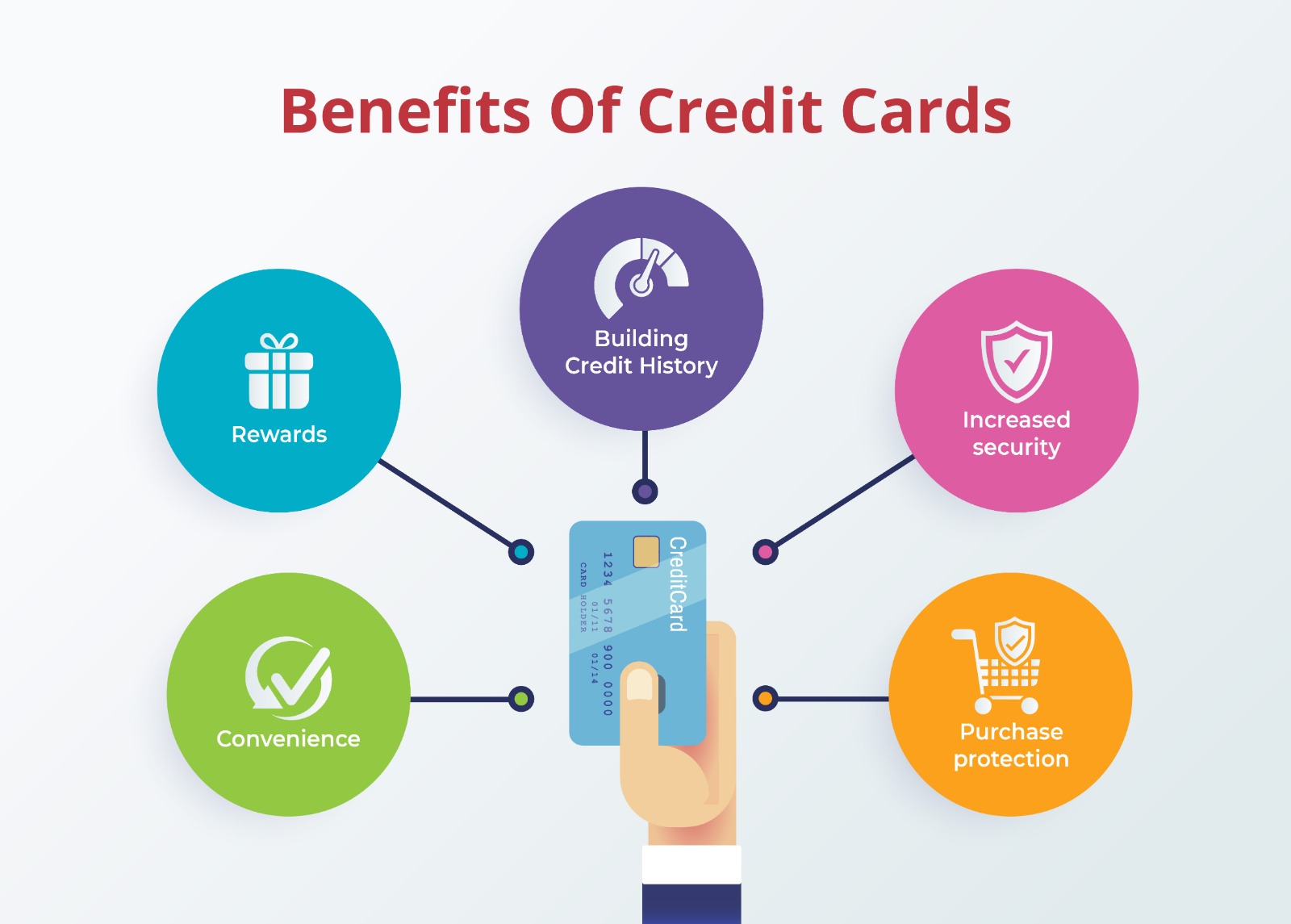Debunking the myths and understanding the benefits of Credit Cards

In the past decade, India has seen a huge increase in credit card users due to the availability of various types of cards from both private and public banks. The yearly growth and advancements in technology, as well as demonetisation and the pandemic, led to a shift towards online payments, and have contributed to the trend.
Credit cards offer benefits such as helpful options for major purchases and the opportunity to build a strong credit score through attractive incentives like cash back on purchases or airline miles. However, the convenience of credit cards can also result in overspending and the accumulation of debt. This dual nature of credit cards has led people to believe in some myths about credit cards. Here are the most common ones:
Myth: Using a credit card can hurt your credit score | Fact: No! Instead, it can strengthen your score.
This, being one of the most common misconceptions amongst the masses, most people avoid using credit cards. If credit cards are used wisely then they can boost one’s credit score. But if you’re defaulting on your payments and brushing aside the outstanding bills, then a fall in your credit score is inevitable. And, there have been instances of consumers thinking that carrying a balance will improve their credit score. In reality, it's best to pay off your balance in full every month to avoid interest charges and keep your credit utilization low.
If you’re worried about using the excess credit on your card, then here’s a tip: keep your credit utilization ratio between 20%-30%.

Myth: Closing an old credit card will help your credit score | Fact: Keeping your oldest credit card open can actually help increase your credit history, which is a positive factor in determining your credit score.
If you're considering obtaining a new credit card, you might be wondering what to do with your old one. There's a common misconception that closing an old credit card could negatively impact your credit score. However, this is not true. An older credit card with a good payment history can add value to your credit history and improve your creditworthiness. When a lender or financial institution evaluates your credit, they will look at your credit history to determine your creditworthiness. By having a well-managed older credit card in your history, you demonstrate that you are responsible with credit.
Therefore, maintain a good history!
Myth: A high credit limit means you are financially secure | Fact: A high credit limit is just an indication of the maximum amount of debt you can incur, not a measure of your financial stability.
A high credit limit refers to the maximum amount of money that you are allowed to borrow on your credit card. It is determined by the card issuer and can be influenced by factors such as your credit history, income, and spending habits. Having a high credit limit can be convenient, but it can also be tempting to overspend and accumulate debt, which can lead to financial difficulties.
Hence, it is important to use your credit card wisely and only borrow what you can afford to repay in full. This way, you can maintain a good credit history and financial stability.

Myth- I can improve my credit score by using a debit card | Fact- A debit card does not affect your credit score.
Debit and credit cards serve different purposes. A credit card can help improve your credit score as it allows you to borrow funds and your repayment behaviour is reflected in your credit score. A debit card withdraws money directly from your account and does not impact your credit score, allowing you to spend the money you currently have in your account.
Myth: You don't need to keep track of your spending | Fact: High-income professionals should always monitor their spending too.
Just because someone has a high income, it does not mean they have unlimited financial resources or that they should not keep track of their spending. High-income professionals can have many expenses and financial obligations, making it even more important to monitor their spending. Keeping track of spending helps avoid overspending and accumulating debt, which can impact their financial stability in the long run.
Tip: It's crucial for everyone, including high-income professionals, to have a budget and regularly review their spending patterns to ensure they are staying within their means.
Myth: Credit card interest rates are negotiable | Fact: No, they are non-negotiable!
Yes, indeed, Credit Card interest rates are non-negotiable because they are typically set by the issuer and not the cardholder. They are based on various factors such as the creditworthiness of the cardholder, the type of card, and market conditions. While it is not possible to directly negotiate the interest rate on a credit card, some card issuers may offer lower interest rates to customers who have a good credit history or who transfer their balance from another card. Additionally, some issuers may have promotional offers for new cardholders with lower introductory interest rates. However, in general, credit card interest rates are fixed and cannot be negotiated.
While these were some of the most common misconceptions, credit cards have a lot of benefits too. Like:

In conclusion, credit cards can be a valuable asset if used correctly, but can easily become a burden if not managed responsibly. If you find yourself in doubt, know that you can overcome it through self-awareness, discipline and focus. It's never too late to adopt responsible spending habits and avoid inheriting the rumours of using a credit card.
Do you have any questions? Write to us











